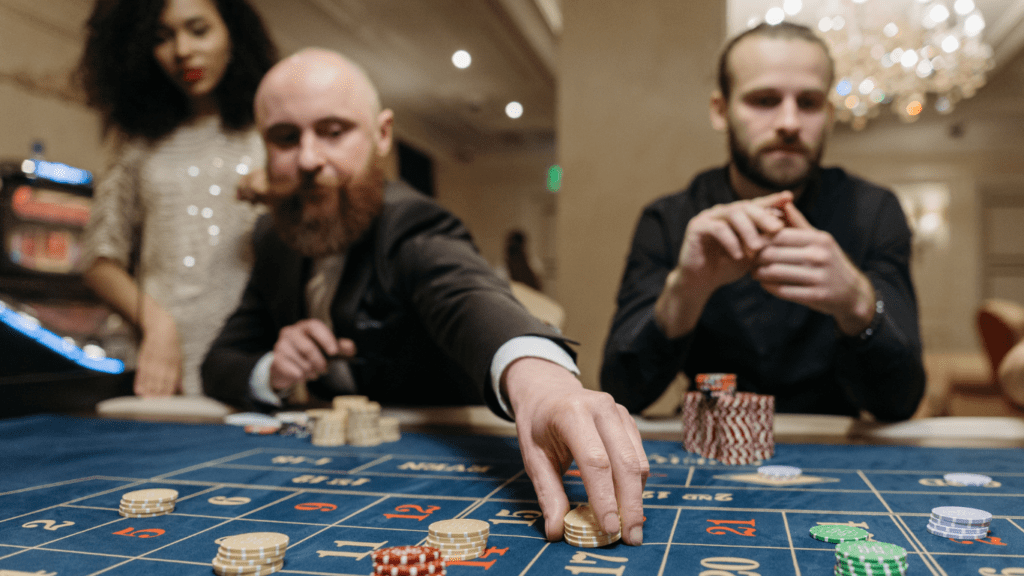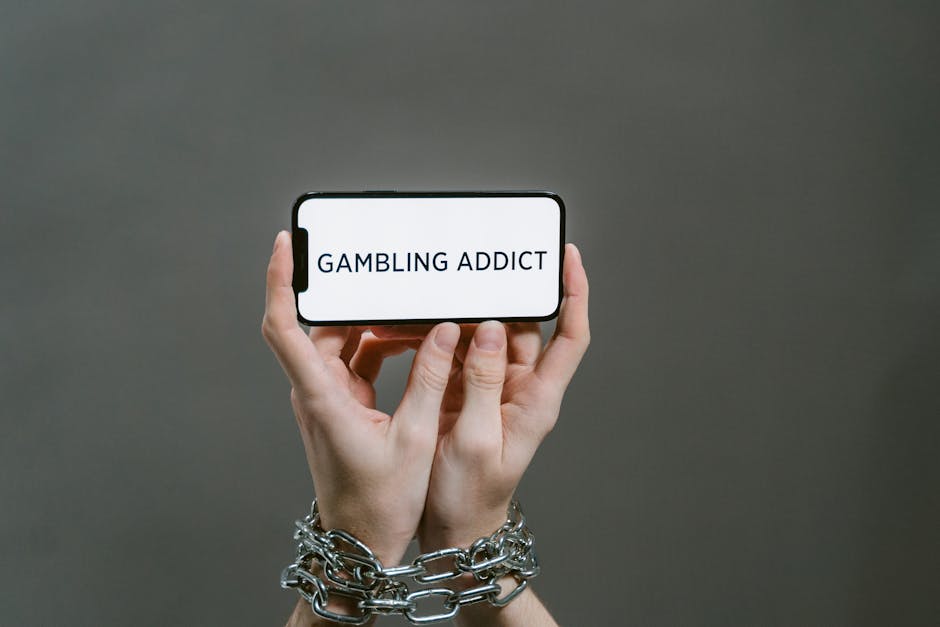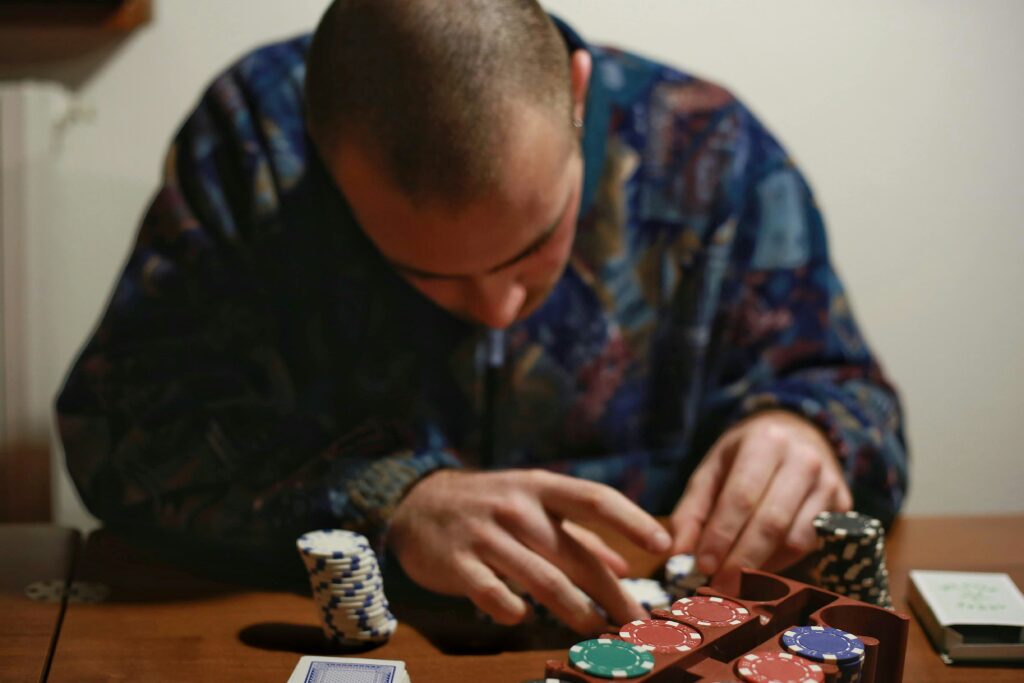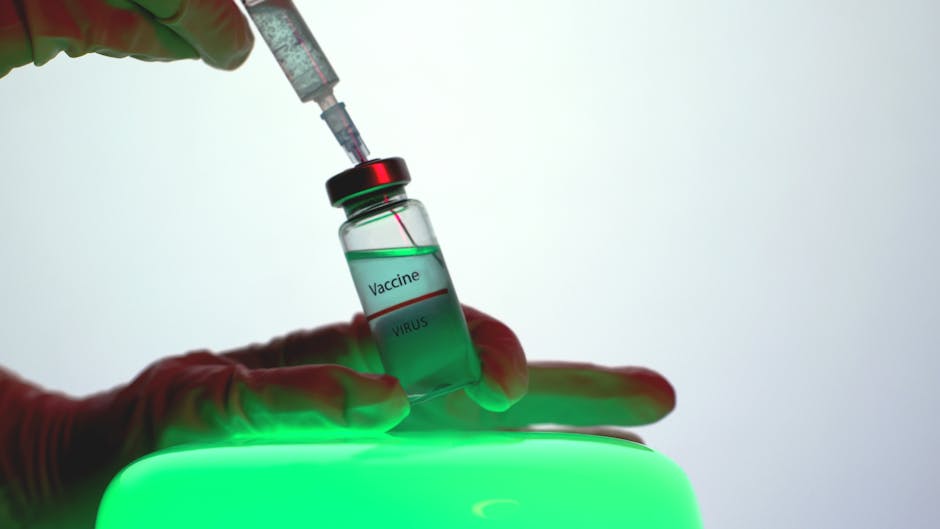Delving into the intricate workings of the human brain reveals a fascinating connection between gambling addiction and neurobiology. As I explore the depths of this complex relationship, it becomes evident that the brain’s response to gambling stimuli is far from simple. The allure of risk and reward triggers a cascade of neural pathways that can lead to addictive behaviors.
In this article, I’ll dissect how the brain is impacted by the thrill of gambling, shedding light on the biological mechanisms that underlie addictive tendencies. Understanding these neurobiological processes is crucial in unraveling the grip that gambling addiction can have on individuals. Join me on a journey through the neural landscape to uncover the profound effects of gambling on the brain.
Understanding Gambling Addiction
Gambling addiction is a complex issue deeply intertwined with neurobiology. Exploring the connection between the brain and addictive behaviors offers valuable insights into the mechanisms driving compulsive gambling habits.
The Basics of Gambling Behavior
I delve into the foundational aspects of gambling behavior, investigating how individuals engage with risk and reward in the context of gambling activities. Understanding the fundamental motivations behind gambling behavior is key to unraveling the complexities of addiction.
Risk Factors for Gambling Addiction
I investigate the various risk factors associated with gambling addiction, shedding light on the psychological, environmental, and genetic influences that can contribute to the development of compulsive gambling behaviors. Identifying these risk factors is crucial in recognizing and addressing potential vulnerabilities to addiction.
The Role of Neurobiology in Gambling Addiction
When exploring the role of neurobiology in gambling addiction, it’s crucial to understand how the brain’s intricate mechanisms contribute to addictive behaviors. The neurobiological processes underlying gambling addiction shed light on the profound impact of the brain’s response to gambling stimuli on driving compulsive behaviors.
- Neurotransmitters and Reward Systems
In gambling addiction, neurotransmitters play a pivotal role in reinforcing addictive behavior. Dopamine, a neurotransmitter associated with pleasure and reward, is particularly influential in the development and perpetuation of gambling addiction. The release of dopamine in response to gambling wins creates a rewarding sensation, reinforcing the individual’s desire to continue gambling. - Brain Regions Involved in Gambling Addiction
Several key brain regions are implicated in the development of gambling addiction. The prefrontal cortex, responsible for decision-making and impulse control, plays a critical role in regulating behavior in response to gambling cues. Additionally, the limbic system, which is involved in processing emotions and memories, is activated during gambling activities, contributing to the reinforcing effects of gambling on the brain.
Understanding how neurotransmitters and specific brain regions interact in the context of gambling addiction provides valuable insights into the underlying neurobiological mechanisms driving compulsive gambling behaviors. By delving into these intricate processes, we can advance our understanding of gambling addiction and develop more effective strategies for intervention and treatment.
Impacts of Gambling Addiction on the Brain

Gambling addiction exerts profound effects on the brain, significantly altering cognitive functions, decision-making processes, and emotional responses. Understanding these impacts is crucial in devising effective strategies for combating addiction and promoting recovery.
Cognitive Functions and Decision-Making
In individuals with gambling addiction, cognitive functions such as impulse control, judgment, and reasoning are notably impaired. The constant exposure to gambling-related stimuli hijacks the brain’s reward system, leading to impulsive decision-making and reduced cognitive flexibility. This altered cognitive processing contributes to the perpetuation of addictive behaviors as individuals struggle to resist the urge to gamble despite negative consequences.
Emotional Consequences and Mental Health
The emotional toll of gambling addiction is equally substantial, with affected individuals experiencing heightened stress, anxiety, and depression. The fluctuating levels of neurotransmitters, including dopamine and serotonin, disrupt emotional regulation, leading to mood swings and emotional instability. Over time, the chronic stress associated with gambling addiction can result in severe mental health issues, further exacerbating the cycle of addiction.
By addressing the profound impact of gambling addiction on cognitive functions and emotional well-being, interventions can be tailored to target these specific areas, promoting recovery and restoring healthy brain functioning.
Treatment and Management of Gambling Addiction
Behavioral Therapies and Interventions
In addressing gambling addiction, behavioral therapies play a pivotal role in reshaping thought patterns and behavior. Cognitive-behavioral therapy (CBT) is a widely used approach that aims to identify and modify erroneous beliefs about gambling, teaching individuals healthier coping mechanisms and problem-solving skills. Through CBT, I guide patients to recognize triggers and develop strategies to manage cravings effectively. Another effective intervention is motivational interviewing, where I work collaboratively with individuals to enhance their internal motivation to change their gambling behavior. By fostering a supportive environment, individuals feel empowered to make positive steps towards recovery.
Pharmaceutical Treatments and Ongoing Research
Pharmaceutical treatments for gambling addiction are currently limited, with no specific medications approved for this condition. However, ongoing research is exploring the potential role of medications targeting neurotransmitter systems implicated in addiction, such as dopamine and serotonin. As a practitioner, I stay updated on the latest research findings to provide comprehensive care to individuals struggling with gambling addiction. Collaborating with research initiatives allows me to offer my patients access to cutting-edge treatments as they become available. By combining behavioral therapies with emerging pharmacological interventions, I enhance the treatment outcomes for individuals battling gambling addiction.




